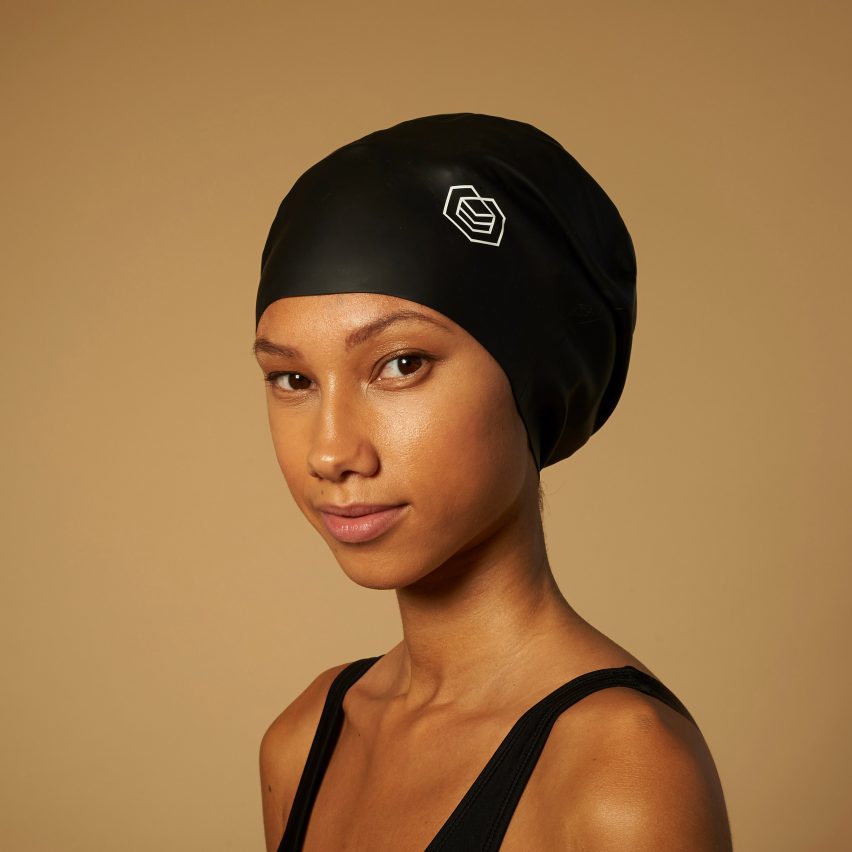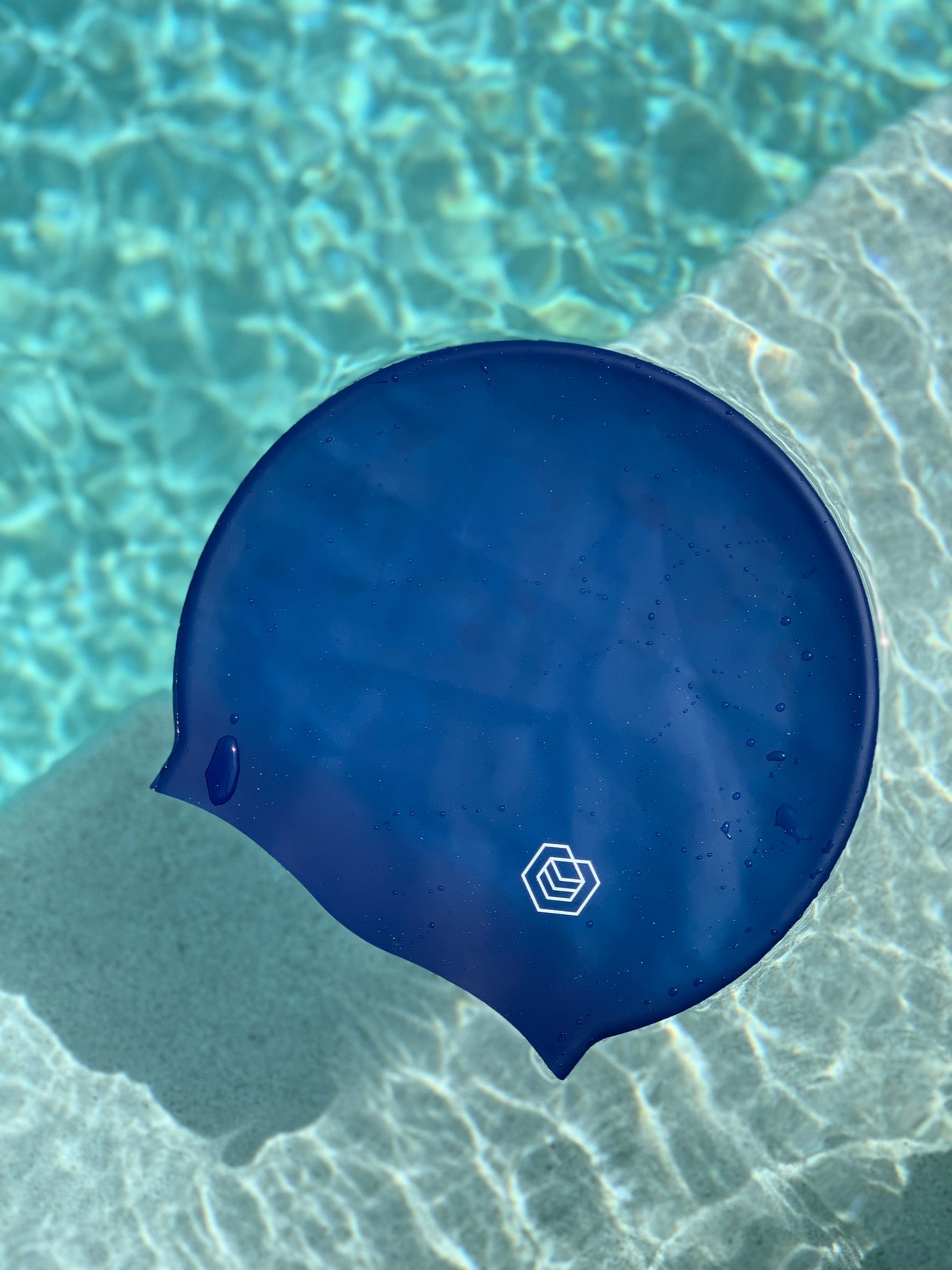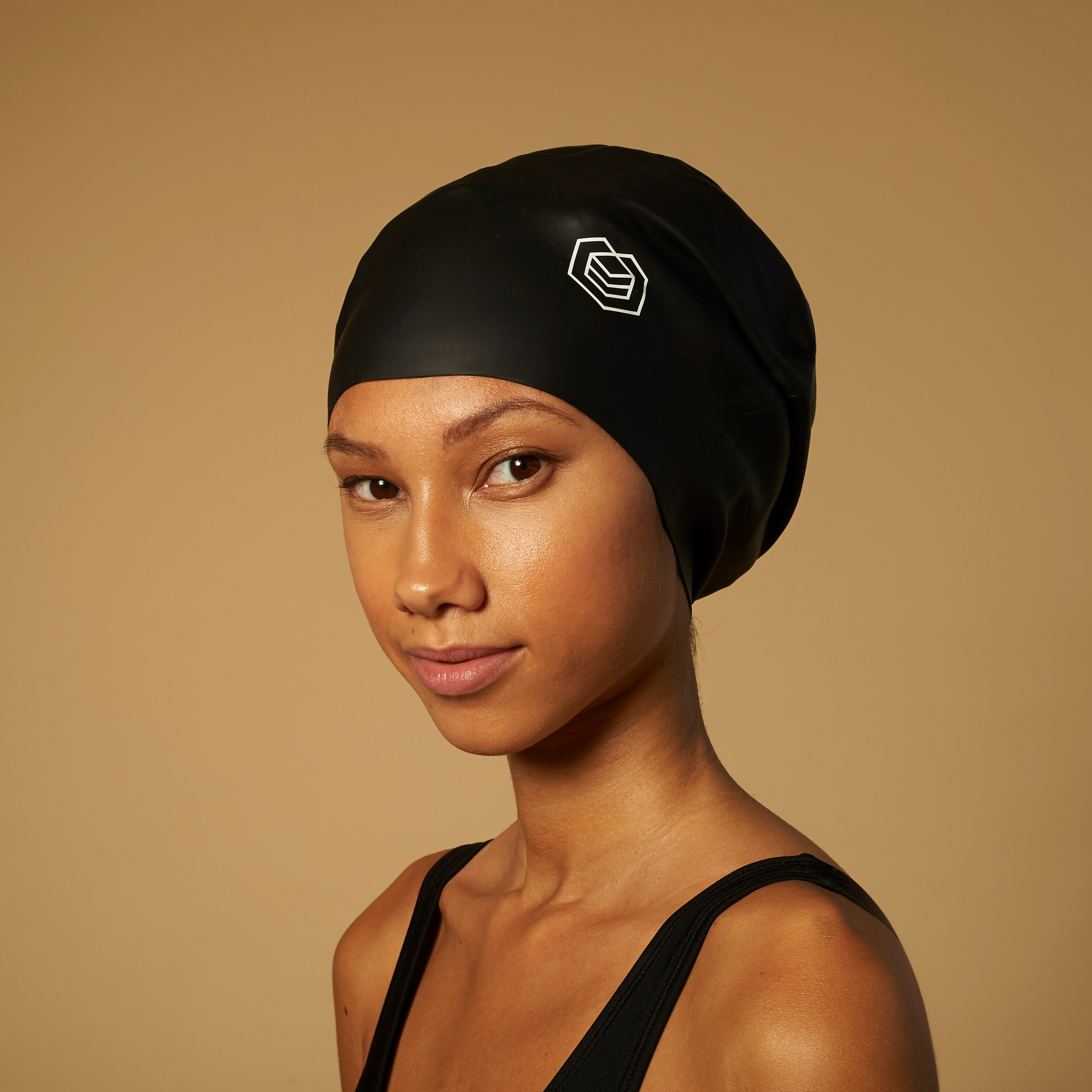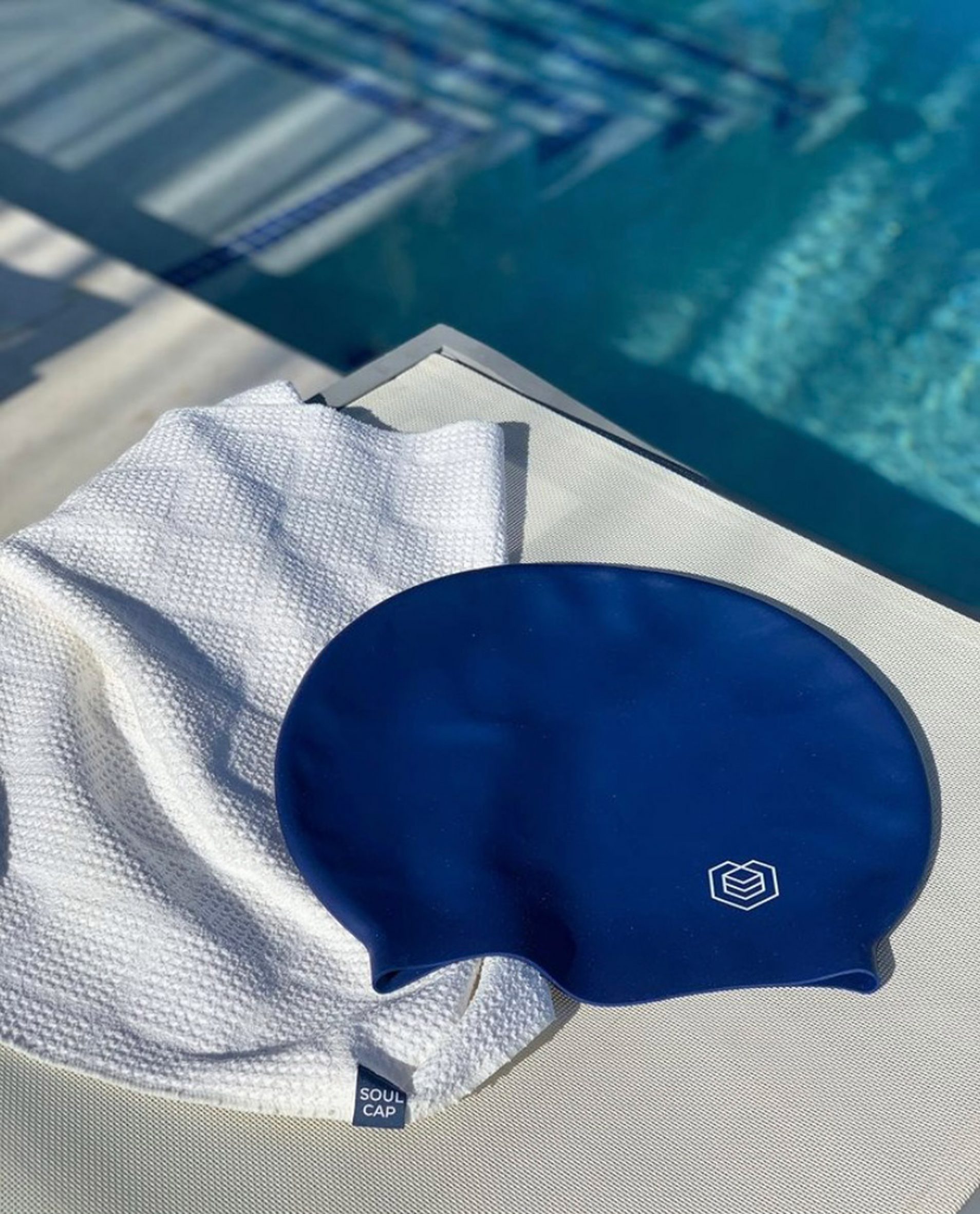
Swimming governing body FINA is reviewing its decision to ban a swimming cap favoured by black athletes from the upcoming Tokyo 2020 Olympic Games after the move triggered a backlash.
The Federation Internationale de Natation (FINA) is assessing whether athletes competing at the games, which begin on 23 July, will be able to wear the Soul Cap.
A statement released by the governing body said it was "committed to ensuring that all aquatics athletes have access to appropriate swimwear."
The larger swimming caps, which are designed for people with "long and voluminous hair", were banned from the Tokyo 2020 Olympics as they don't meet FINA's requirements.

"Soul Cap, which is designed to accommodate for diverse hair types in swimming, has been denied by FINA from their approval process to become certified to wear for competition swimming," Soul Cap explained on Instagram.
However, the ban provoked a public backlash, with claims that it would discourage black people from taking up swimming.
As a result, the governing body is now reviewing its decision to better "understand the importance of inclusivity and representation". The review will also look at whether the larger swimming caps provide wearers with an unfair advantage.

"FINA is committed to ensuring that all aquatics athletes have access to appropriate swimwear for competition where this swimwear does not confer a competitive advantage," said FINA.
"FINA acknowledges the comments and reactions concerning the use of Soul Cap," the body said. "FINA appreciates the efforts of Soul Cap and other suppliers to ensure everyone has the chance to enjoy the water."
The statement also details that FINA will contact the manufacturer of Soul Cap about the future use of the swimming caps in competitions.
Currently, there are no restrictions on the larger swimming caps being used in recreational swimming or in domestic competitions in the UK.
Though Soul Cap fears the current decision "could discourage many younger athletes from pursuing the sport", it is hopeful that the discussion will lead to a more inclusive sporting arena.
"We feel it has opened up a wider conversation all across the world surrounding diversity in swimming, so it's great to be a part of that cultural shift happening within the sport," said Michael Chapman, co-founder of Soul Cap.
"From sizing and material to body types and hair types, it’s rare something will work for everyone," he told Dezeen. "If a sportswear brand wants to step away from the one-size-fits-all approach and cater to a wide audience, they need to be open to variety. It's simply recognising there are different types of needs."

The British black-owned swimwear brand creates a range of products "for those with dreadlocks, weaves, hair extensions, braids, thick and curly hair". These include large-sized swimming caps that are designed to keep "voluminous" hair protected from water and chlorine.
"The swim caps are 100 per cent silicone, meaning less snag on the hair and a more comfortable fit than latex," Chapman explained. "We felt there wasn't a premium product solution out there that catered to the needs of swimmers with long and thick hair
"We wanted the design and material to feel premium, so we worked hard to create a swim cap that swimmers would feel good in," he continued.
Other items designed to be more racially inclusive include bandages by Band-Aid that come in multiple shades and Reframd's sunglasses which are tailored to fit black noses.
Photography is by Luke Hutson Flynn.
The post Tokyo 2020 Olympics ban on Soul Cap designed for Afro hair "under review" following backlash appeared first on Dezeen.
from Dezeen https://ift.tt/3es1HDz
No comments:
Post a Comment